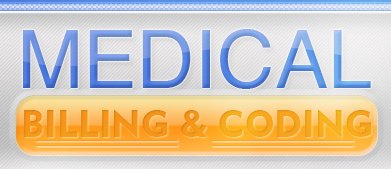Certified Professional Coder - Payer (CPC-P)) The Certified Professional Coder Payer (CPC-P) is offered through the American Academy of Professional Coders (AAPC). This credential
focuses on methodologies from the payer's perspective. This includes testing an examinees understanding of how to adjudicate provider claims
effectively and of their basic knowledge of coding related payer functions.
The Certified Professional Coder Payer (CPC-P) is offered through the American Academy of Professional Coders (AAPC). This credential
focuses on methodologies from the payer's perspective. This includes testing an examinees understanding of how to adjudicate provider claims
effectively and of their basic knowledge of coding related payer functions.
The CEDC examination is a 150 question, five hour and forty minute exam. This exam consists of two parts: coding concepts and accuracy, and reimbursement methodologies. Coding concepts include testing the examinees knowledge of medical terminology, anatomy, CPT, ICD-9-CM, and HCPCS. Reimbursement methodologies include testing an examinees knowledge on reimbursement, both in and out patient payment systems, health insurance concepts, and HIPAA. Individuals who wish to obtain the CPC-P are encouraged to have an associate's degree and must have a minimum of two years of on the job experience. Those without prior experience may still sit for the examination and upon passing will be awarded the Certified Professional Coder Payer Apprentice (CPC-P-A) credential. This credential is similar to the CPC-A credential regarding the rules of apprenticeship and the removal of the "A" once experience is obtained. There is another option provided by the AAPC for individuals who do not have experience, but do not wish to have the "apprentice" status. For the cost of $200 an individuals can code 800 actual operative notes. Those who pass with a 90% accuracy (within three attempts) will be awarded the CPC-P credential without the apprentice status. Although the CPC-P credential is not one of the top two coding credentials sought after it is a great compliment to existing credentials. Individuals holding dual credentials (Ex. CPC and CEDC) have marked themselves as experts in two areas and gain a competitive edge over individuals holding single credentials.
Positions for the CPC-P are usually found in insurance companies, billing services, auditing services, and include claim reviewers, benefit administrators,
and provider relations experts.
|
CEUsThe CEDC credential requires individuals to earn CEUs in order to maintain them.The AAPC requires CEUs based on the number of credentials held by them. For example: 1 credential requires 36 CEUs every 2 years and 2 credentials require 48 CEUs every 2 years. For more information please see our CEU page. |
|
|
RSS information

Enjoy This Site?
Then why not use the button below and add us to your favorite bookmarking service? |
||
|
| ||

